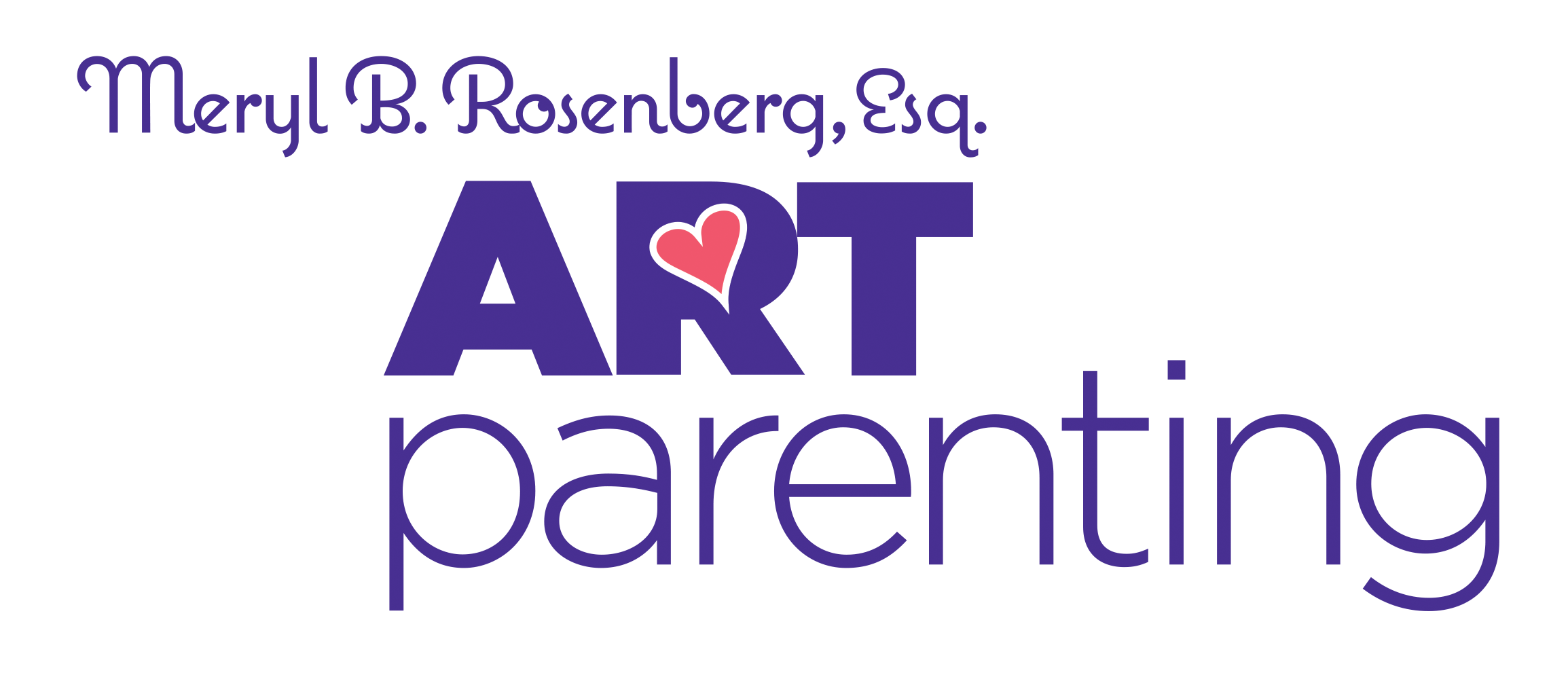Surrogacy Following a Cancer Diagnosis: Part One — A “sunshine baby” despite a pandemic.
Valerie, Trevor, and Michael holding Griffin (with Ruby the dog).
VALERIE’S STORY: a path to surrogacy beyond cancer and COVID-19
Valerie Brown and her husband Michael had their first child in 2015, an energetic and deeply loved son named Trevor. In one of life’s cruel pranks, when Trevor turned two Valerie was diagnosed with breast cancer, following a self-exam and the discovery of a lump.
She had had no family history of any kind of cancer, and no genetic predisposition. For treatment, Valerie decided on a nipple-sparing mastectomy. And because the cancer was both early-stage and non-aggressive, oncologists agreed that chemotherapy wasn’t necessary — but Valerie would have to go on hormone therapy for the next 10 years.
Valerie and Michael had desperately wanted to have a second child, but that would involve going off the hormone therapy, and with a toddler, that was a risk Valerie decided she could not take.
“There’s a clinical study going on now focused on the success of breast cancer survivors who go off hormone therapy to get pregnant, and then resume the therapy after the birth, but it’s nowhere near being concluded,” Valerie explains. “It won’t be until 2028. So we made the decision that I would never be pregnant again, and deep down I knew that it was the right decision for us. After I was cancer free and on the other side of the cancer journey, we decided we did not want to risk my health. We made our peace with the choice.”
Valerie always knew that surrogacy was an option for having another child, and about a year after her diagnosis, she and Michael began the matching process, working with Meryl Rosenberg, and choosing ARTparenting for its expertise, its experience, and its geographical proximity to the Baltimore area, where they live.
“One thing I want people to know is that surrogacy is not just for celebrities and movie stars. It’s for regular people like us — average, normal couples,” Valerie insists. “And it’s a life-changing option — it certainly was for us.”
In early 2019, Valerie and Michael were matched with their perfect surrogate, Kara — whom Valerie describes as “incredible, selfless, amazing.”
“We wanted to work with a surrogate who lived within a four- or five-hour drive of us,” Valerie says, “which a lot of intended parents don’t insist on. Some international couples are thousands of miles from their surrogate, and are fine with that. But we wanted to work with someone relatively local.”
Valerie enthuses that it was love at first sight between the two couples — Michael and Valerie meeting potential surrogate Kara and her husband Leo for the first time.
“Kara and I got along like long-lost sisters, right off the bat,” Valerie recalls. “We even look alike. But I have to say even I have been surprised at the lifelong bond we seem to have formed. We got along so well right from the beginning — Kara has a son who’s exactly my Trevor’s age, as well as two older daughters, and even the kids got along great.”
The clinical part of the surrogacy process went smoothly, Valerie reports. The very first transfer of Valerie’s embryos “took,” and it was an uneventful pregnancy for Kara.
“I was fascinated by the testing process before embryo transfer,” Valerie shares. “Michael and I found out that we were carriers for a recessive hearing-loss gene that we were unaware of. The point of all the testing up front is to have as much information as possible to avoid a miscarriage and have a successful embryo transfer the first time.
All was smooth, until the end of the pregnancy when the COVID-19 pandemic began.
“The COVID-19 shutdown was certainly a curve ball,” Valerie says. “Kara lives in a rural area of Virginia, and was quarantining there, so I wasn’t worried about her getting COVID. But it was a difficult period, as it was for everyone. I was working from home and managing a four-year-old. Our baby shower was cancelled. We couldn’t really plan much, and of course everything was closed.”
In the meantime, how did four-year-old Trevor deal with the idea of an imminent sibling?
“Well, it was interesting,” Valerie answers. “He had been perfectly happy being an only child. He never even particularly wanted to hold babies. But he knew that the baby in ‘Miss Kara’s’ belly was ours. He actually said at one point that he wanted a little sister. But he’s really stepped into the big brother role. He goes to a Kiddie Academy and they talk very openly about all different kinds of families. We even, not long ago, watched a Tamron Hall news report on TV about gestational surrogacy, and I was amazed at how much he absorbed about the technicalities. He’s a very smart little boy.”
“This has been such a great journey for us,” Valerie sums up, “and it’s gone so well we’re pinching ourselves every day. I know that with surrogacy there are often bumps along the way, whether they’re clinical or legal. And of course the pandemic was something nobody expected. But we got through the whole thing successfully and happily. Our little baby boy Griffin — whom I call our sunshine baby, because he was the sunshine after the dark times of cancer — was born May 26, 2020 at 5 lbs., 12 oz., healthy as can be. And I always knew that if any problem had arisen, Meryl and ARTparenting would have been there for us, as indeed they always were.”

